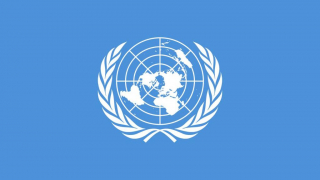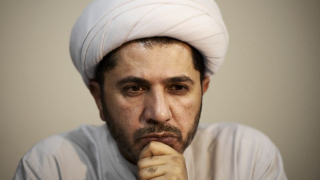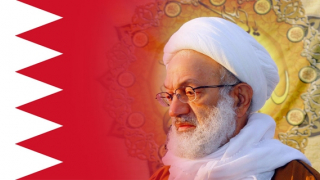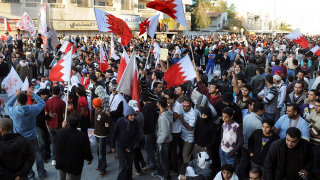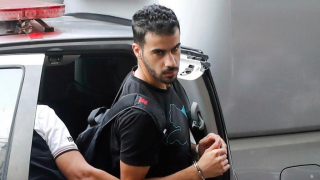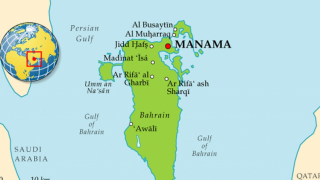Bahraini Detained Activist’s Health Neglected as a Form of Reprisal
Bahraini activists are blaming Jaw Central Prison’s authorities for the deteriorating health of Dr Abdul Jaleel al-Singace, an imprisoned Bahraini human rights advocate and opposition leader, who has been on a hunger strike since July 8, 2021 to protest his ill-treatment and to demand the return of his confiscated academic research.
As of the beginning of 2022, Dr Al-Singace lost over 20 kg. His health has significantly deteriorated as he already suffers from severe complications as a result of inhumane torture and the various hunger strikes he has launched during the past decade.
Dr Al-Singace suffers from polio syndrome and sickle-cell anemia with symptoms, including chronic pain, numbness, and shortness of breath. This puts his health in danger, especially since the notorious Jaw Prison administration’s policy of medical neglect and its failure to implement appropriate health measures.
Dr. Abdul Jaleel Al-Singace is a Bahraini former professor of mechanical engineering at the University of Bahrain, sentenced to life in prison, due to his peaceful role in a pro-democracy protest in 2011. He was previously detained from the airport in August 2010, after delivering a speech on human rights in London.
Now various rights groups, including Amnesty International and Human Rights First, have called on Manama government to unconditionally release him along all political detainees in Bahrain.
Since the eruption of the pro-democracy protests in 2011, Manama has deliberately prevented prisoners of conscience from accessing physicians and specialized care.
The United Nations Standard Minimum Rules for the Treatment of Prisoners, aka Mandela Rules, stresses on the prisoners’ right to receive appropriate medical care. Nevertheless, Bahrain arbitrarily withholds medication for prisoners as a form of reprisal; it denies them medical treatment, prevents them from referring to specialists and fails to disclose their tests result.
Rights activists have long expressed serious concern over the wellbeing of the detainees in the notorious prisons. Since the outbreak of Covid-19 in Feb 2020, 4000+ of Bahraini political prisoners have been appealing for international action over the deliberate medical negligence and worsening sanitary conditions especially in this overcrowded prison where inmates are in close contact.
However, Manama has repeatedly been accused by International human rights groups of blatantly disregarding detainees’ health and willful medical negligence, ahead of its heavy-handed clampdown on political dissidents.
Another high-profile political prisoner, Sheikh Hassan Mushaima, 73, who needs regular screening tests after recovering from lymphoma, is not receiving proper treatment too.
Human Rights Watch's deputy Middle East director, Joe Stork, said, “it is outrageous that Bahraini authorities are denying detainees medical care that they urgently need, in some cases putting their lives in danger”, adding that many of those “should not have been imprisoned in the first place”, and that their arbitrary denial of medical care “may amount to extrajudicial punishment”.



